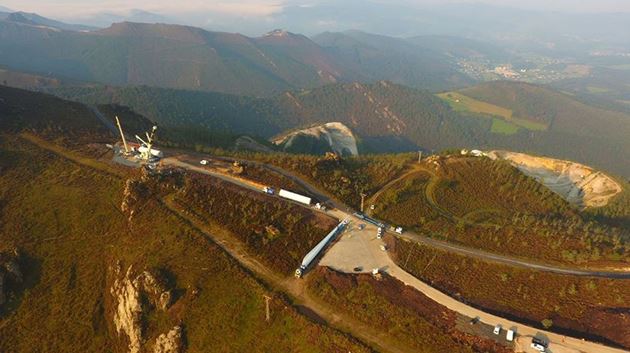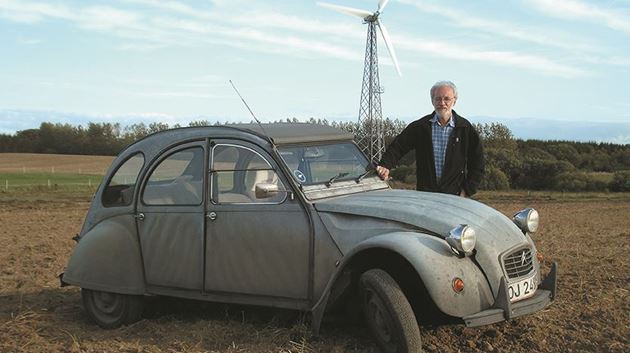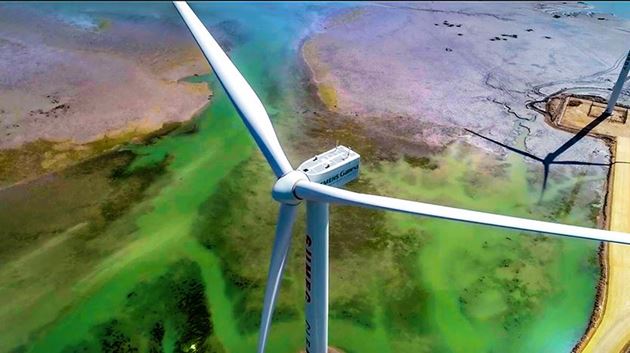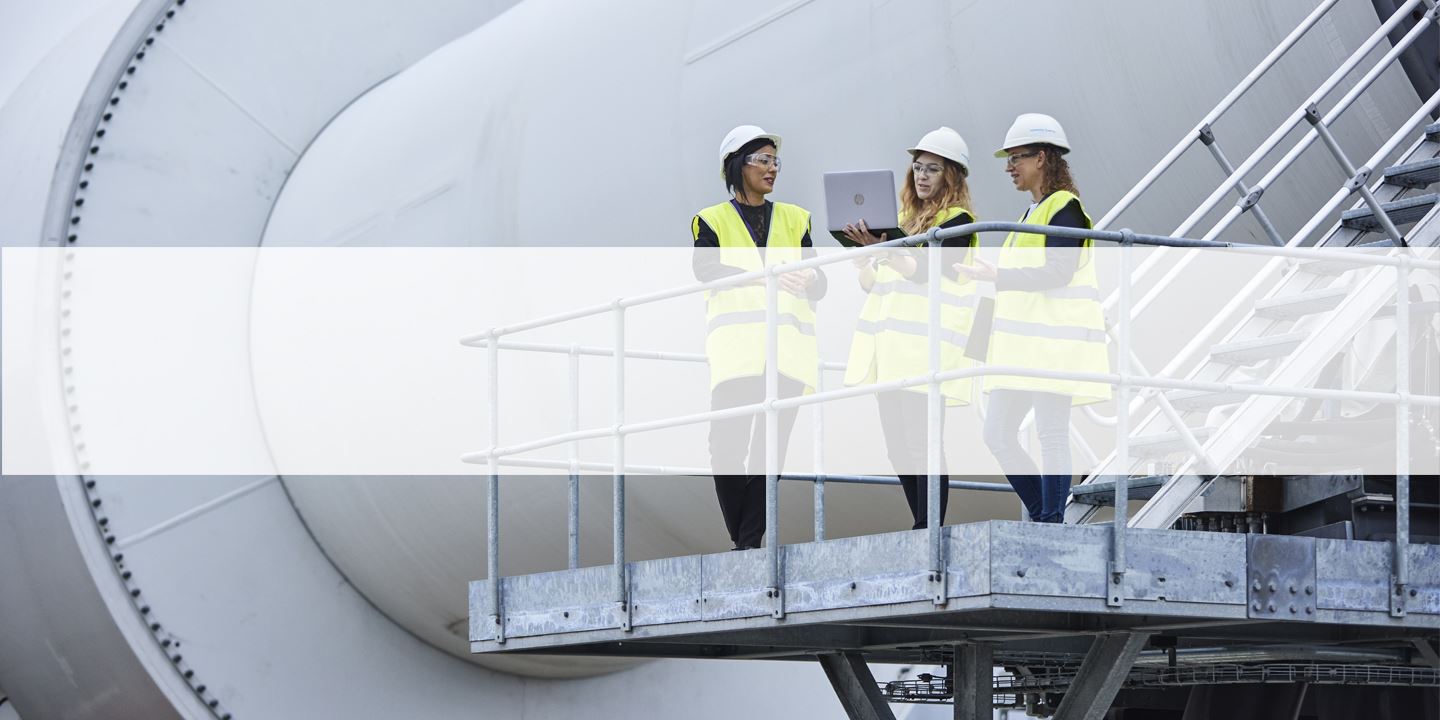
Gender Equality in Renewables
AWEA´s Offshore Wind Virtual Summit
Orlando / 6 November 2020
In North America, only 10% of women are in Board Executive positions, 25% are in Board Non-Executive positions and 22% are in Senior Management, the World Bank’s Stepping Up Women´s STEM Career in Infrastructure 2020 report. Yet women make up about 50% of the workforce.
The study found that in a survey of more than 3,700 female engineers in the United States, workplace climate and culture were among the most common factors when leaving the field. These issues and more were covered during AWEA´s Offshore Wind Virtual Summit.
In North America, only 10% of women are in Board Executive positions, 25% are in Board Non-Executive positions and 22% are in Senior Management, the World Bank’s Stepping Up Women´s STEM Career in Infrastructure 2020 report. Yet women make up about 50% of the workforce.
The study found that in a survey of more than 3,700 female engineers in the United States, workplace climate and culture were among the most common factors when leaving the field. These issues and more were covered during AWEA´s Offshore Wind Virtual Summit.
During this event that took place in mid-October, Abby Watson, Head of Public Affairs in North America, the moderator and five other strong female leaders, discussed how women are powering offshore wind. This discussion comes on the heels of Siemens Gamesa signing the United Nations’ Target Gender Equality program, a new accelerator program which aims at tackling barriers to gender equality and setting corporate targets for women's equal representation and leadership in business.
The panel featured strong leaders in their field. Throughout the panel, Abby and the other panelists spoke about the industry and topics around gender equality. Inka Ivette Schomer, Senior Gender and Energy Advisor at the World Bank Group presented recent study findings on The Business Case for Gender Equality. You can read the full report here.
The panel featured strong leaders in their field. Throughout the panel, Abby and the other panelists spoke about the industry and topics around gender equality. Inka Ivette Schomer, Senior Gender and Energy Advisor at the World Bank Group presented recent study findings on The Business Case for Gender Equality. You can read the full report here.
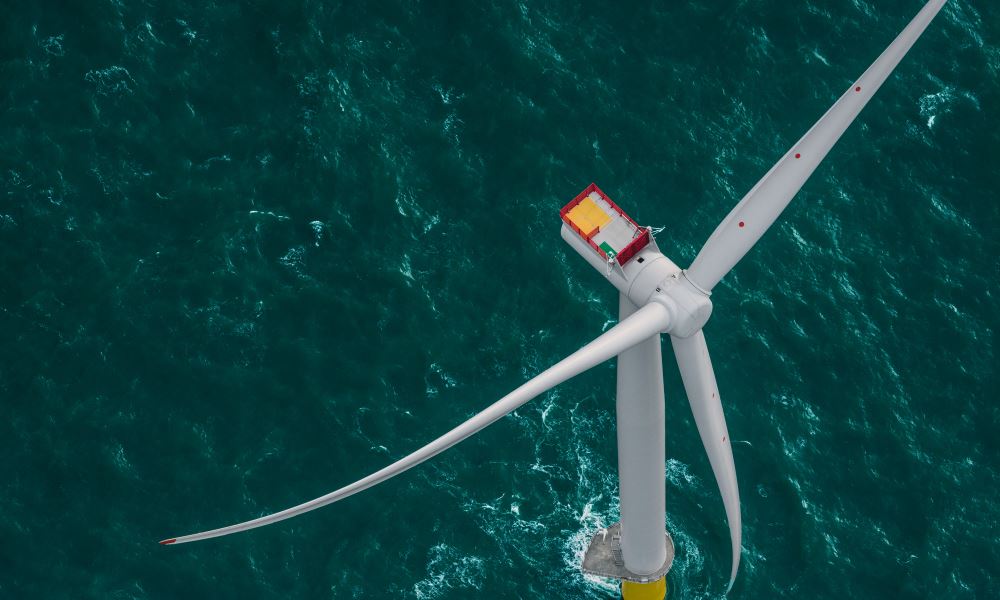
COVID-19's impact on women in the workplace
The COVID crisis forced nearly one million U.S. women out of the workforce in September alone, and the moderator asked how we can support gender equality in the energy sector rather than see a decline. Inka stated that “there’s no surprise that imposter syndrome exists when we have pay gaps, when we really don’t have the infrastructure that tells us we should be here. Everything from uniforms to lighting to toilets. We also don’t have the childcare facilities and not just childcare, care facilities. Women have to deal with elderly care and childcare. So how are you supposed to feel like you’re congruent and belong here when this is just a burden that is invisible?”
Equity in offshore wind
As the moderator shifted the conversation back to offshore wind specifically, she asked Abby what sold her on wind. Abby responded, “what made it personally meaningful is that I have always felt very passionate about climate change and the best thing about offshore wind is that the communities that will experience the greatest impacts from climate change and sea levels rising are the communities that will see the most benefit from offshore wind so there is a sense of equity in that. We can bring really high-quality jobs to coastal communities.”
During a different panel earlier in the day, another panelist, Dr. Ayana Johnson, Founder of Urban Ocean Lab said “when I think about the need for racial justice as a way to address the climate crisis, I think not just of who’s getting impacted first and worst by climate change, which we know is poor communities and communities of color, but also how insane is it to try to solve the largest problem humanity has ever faced without including a third of Americans and thinking that we could possibly get it right? It’s the same thing with trying to solve climate change without listening to women. Why would you just brush aside half of the brainpower, creativity, wisdom of humanity? You’re setting yourself up to fail.”
During a different panel earlier in the day, another panelist, Dr. Ayana Johnson, Founder of Urban Ocean Lab said “when I think about the need for racial justice as a way to address the climate crisis, I think not just of who’s getting impacted first and worst by climate change, which we know is poor communities and communities of color, but also how insane is it to try to solve the largest problem humanity has ever faced without including a third of Americans and thinking that we could possibly get it right? It’s the same thing with trying to solve climate change without listening to women. Why would you just brush aside half of the brainpower, creativity, wisdom of humanity? You’re setting yourself up to fail.”
Diversity drives business success
Companies like Siemens Gamesa are increasingly committing to improve diversity practices. E’lon Cohen Hall, Operations Manager at Women of Renewable Industries and Sustainable Energy (WRISE), shared questions employers should be asking themselves. “What have you tried to get women into your industry? What kind of tools have you used? Are you using the WRISE job board and newsletter to promote positions? Is your company culture that of which women actually want to work in?”
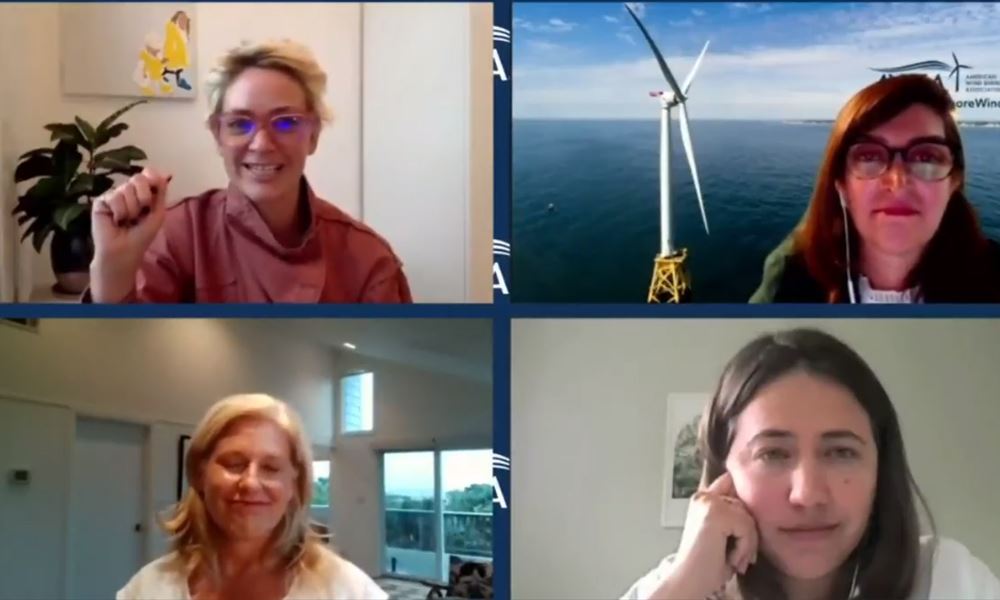
She also added the joke that ‘middle management is where diversity goes to die’ in order to make the point that it’s important to not only promote diversity at the associate level, but also in middle management and the C-suite and executive levels.
Siemens Gamesa is committed to meaningful action
In North America, Siemens Gamesa has signed onto an industry wide statement against racial injustice and has committed to take meaningful action for lasting change. Some of these actions include an equity analysis, improved hiring practices and the creation of the Diversity, Equity and Inclusion Council. The company also just launched enhanced employee benefits in North America including a new recognition and reward program and an improved parental leave policy.
It’s clear that the panelists feel passionately about this topic and that a diverse workforce is a key to a successful business. The strong leaders on the panel clearly demonstrated how women are powering offshore wind. And in echoing the final words of the panel, the moderator, Adrienne Downey closed with: “If 2020 has shown us anything, it’s that we need more solidarity, across gender, racial and class lines. Hopefully we can all be a human at the end of this year and that doesn’t mean that we are not being professional because we entirely are.”
It’s clear that the panelists feel passionately about this topic and that a diverse workforce is a key to a successful business. The strong leaders on the panel clearly demonstrated how women are powering offshore wind. And in echoing the final words of the panel, the moderator, Adrienne Downey closed with: “If 2020 has shown us anything, it’s that we need more solidarity, across gender, racial and class lines. Hopefully we can all be a human at the end of this year and that doesn’t mean that we are not being professional because we entirely are.”

